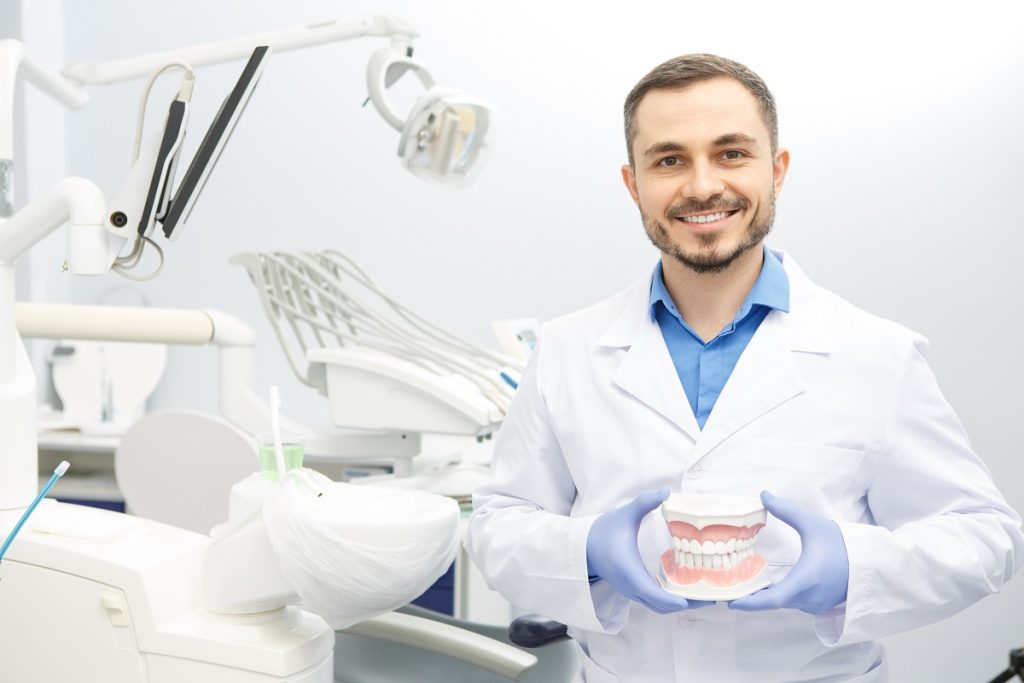Dental emergencies can strike unexpectedly, causing severe pain, discomfort, and anxiety. Whether it’s a knocked-out tooth from a sports injury, a toothache that just won’t quit, or a dental abscess that’s causing swelling and pain, knowing what to do in these situations can make all the difference.
Dental practices understand the urgency of dental emergencies and are equipped with the necessary tools and expertise to provide prompt and effective treatment. When you’re faced with a dental emergency, it’s essential to act quickly and contact a dentist Navan who can help you manage your symptoms and protect your oral health. With the right care, you can preserve your smile and prevent further damage that could lead to more extensive and costly treatment down the line. So, let’s explore the different types of dental emergencies and when you should seek help from a reliable practice.
Types of dental emergencies
A dental emergency can occur due to trauma, infection, or damage to teeth, gums, or jaws. Some of the common dental emergencies are:
A knocked-out tooth
If a tooth has been knocked out completely, it’s important to seek emergency dental care immediately. Hold the tooth by the crown. You can then wash it carefully with water. Do not touch the root or remove any attached tissue fragments. Try to reinsert the tooth into the socket if possible. If not, place the tooth in a container of saline or milk and bring it with you to the dentist.
A severe toothache

A severe toothache can be a sign of an infection or decay and requires prompt attention. You should rinse out your mouth using warm water and make sure to floss around the affected tooth in order to get rid of any debris or food particles. Avoid placing an aspirin or any other painkillers directly on the tooth or gums. Contact a dental practice as soon as possible.
A cracked or broken tooth
A cracked or broken tooth can cause pain, sensitivity, or sharp edges that can damage the tongue or cheeks. Clean your mouth with warm water. A cold compress can be placed on the injured area. This will help to reduce swelling. Contact a dentist Navan for prompt treatment.
A loose or broken filling
A loose or broken filling can cause discomfort and increase the risk of decay. Rinse out your mouth using warm water and avoid chewing on the affected side. This will need prompt attention to avoid further issues.
Bleeding or swollen gums
Bleeding or swollen gums can be a sign of gum disease or an abscess and requires immediate attention. If this happens, you should rinse out your mouth using warm salt water and apply a cold compress to the affected area to reduce swelling.
Injuries to the jaw or mouth

Injuries to the jaw or mouth can cause pain, difficulty in opening the mouth, or dislocation. Apply a cold compress to the affected area and seek emergency dental care immediately.
When to contact a dentist
It’s important to contact an emergency dental practice immediately if you experience any of the above dental emergencies. Most dental practices provide emergency services during office hours, and some also offer after-hours or weekend appointments.
Conclusion
Dental emergencies can be painful and require prompt attention. Contacting a professional as soon as possible can prevent further damage and alleviate discomfort. It’s important to know the signs of a dental emergency and seek prompt treatment.

